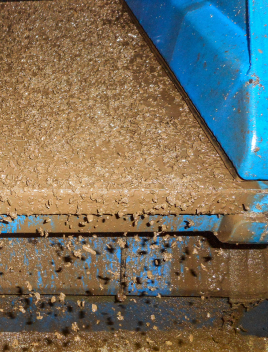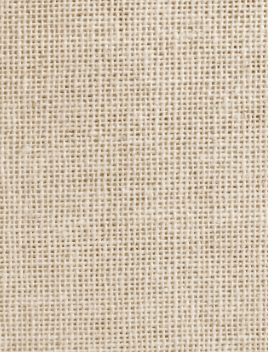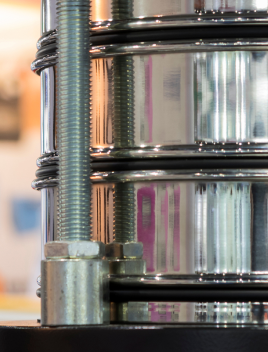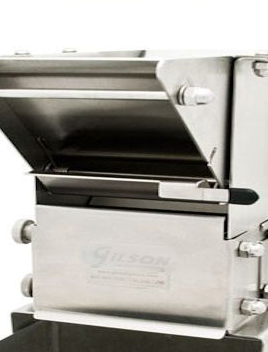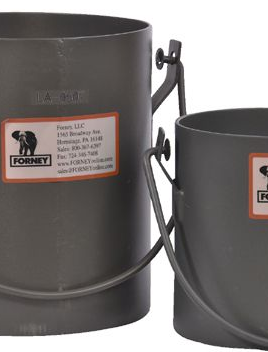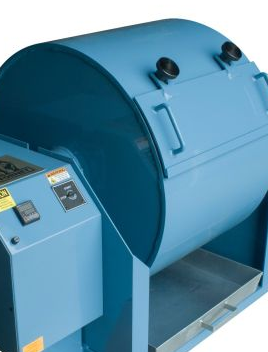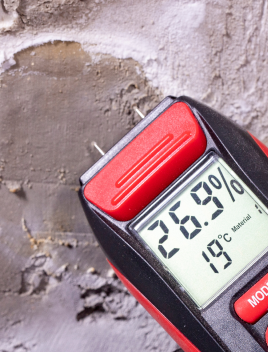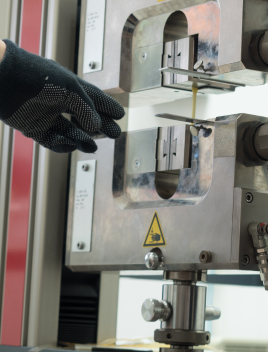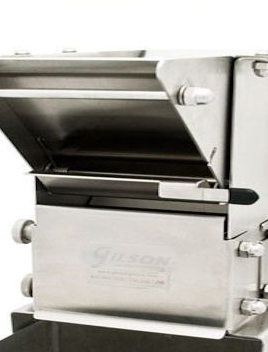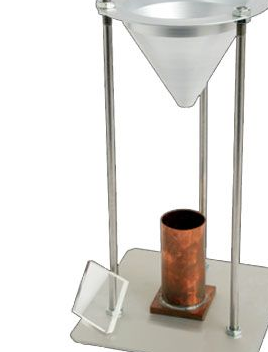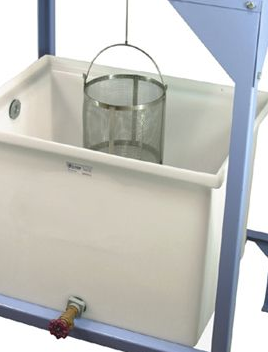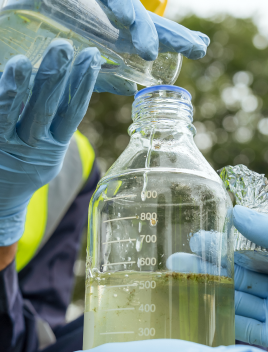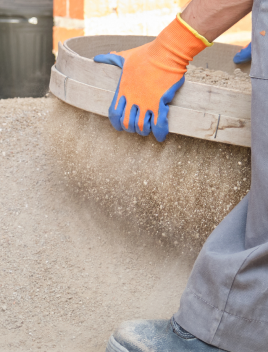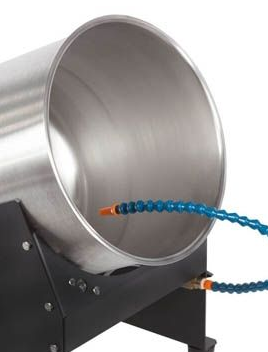AGGREGATE TESTING EQUIPMENT
Shop for all the high-quality aggregate testing equipment and accessories you need to test the physical properties of sand, coarse and fine aggregates.
Aggregate Gradation
Aggregate Testing
Sieving and Screening
About Aggregate Testing Equipment
+ What are aggregates?
Aggregates are granular construction materials used in concrete, asphalt, and other building materials. In general, there are 2 types of aggregates:
- Fine aggregate: small, granular particles (like sand) often used in mortar and concrete mixtures to improve workability and fill gaps.
- Coarse aggregate: larger, rounded or angular particles used in concrete and asphalt to provide strength and stability.
+ What is aggregate testing?
Aggregate testing is a set of tests to evaluate aggregate properties and ensure the material is suitable for use. This includes:
- Aggregate gradation testing: Evaluates the distribution of particle size within an aggregate sample, which is one of the most important components of how well the aggregate will work as a paving material. Aggregate gradation can be used to analyze many different properties of the material, including permeability, durability, stability, workability, stiffness, frictional resistance, moisture levels, fatigue resistance, and more.
- Density testing: Density is an important property in aggregate testing that affects the strength, durability, and workability of the material. ASTM C127 is the test method for relative density and absorption of coarse aggregates. Density is measured through ASTM C127 specific gravity tests.
- Durability testing: Evaluates the strength and abrasiveness of aggregate material.
- Moisture content testing: Measures the water-cement ratio in concrete and, as a result, strength and durability.
- Hardness testing: The Mohs mineral hardness test determines aggregate hardness by analyzing a mineral’s resistance to scratching effects from ten mineral samples.
- Shape and void content testing: Determines an aggregate sample’s void ratio and bulk density. Conducting these tests allows you to figure out several shape characteristics of the sample, including surface texture, sphericality, and angularity.
- Specific gravity testing: Evaluates the density of an aggregate compared to water.
- Organic impurities testing: Determines whether there are unwanted organic materials in a fine aggregate sample.
- Potential reactivity testing: Determines potential alkali reactivity of aggregates when used with high alkali cements.
- Sulfate soundness testing: Determines the ability of aggregate to hold up against disintegration due to freeze-thaw cycles.
+ What is aggregate testing equipment?
Aggregate testing equipment and accessories measure the physical characteristics of fine and coarse aggregates, including density, hardness, aggregate gradation, moisture content, and more. Forney stocks a wide variety of aggregate testing supplies that satisfy ASTM, AASHTO and ISO standards, including but not limited to:
- Aggregate screen shaker: A sturdy steel outer frame enclosing a vibrating unit that consists of a series of interlocking spacers for screen tray support and separation. Forney aggregate screen shakers have few moving parts for easier maintenance and are constructed of rugged steel for long, dependable service.
- Quartering cloth: Quartering cloth made from heavy canvas is designed to provide smooth clean surface to collect & divide aggregate and other materials.
- Shakers: Rugged, efficient shakers that eliminate hand sieving. Forney sieve shakers automatically duplicate horizontal circle-and-tap agitation necessary to grade soils and aggregates before further testing.
- Sample splitters: Sample splitters allow you to cut a sample of aggregate into two identical portions, which you can use to test the aggregate’s quality or determine which properties it needs to produce an ideal concrete or cement mixture.
- Los Angeles abrasion machine: measures the effects of grinding, impact, and abrasion on the aggregate by rotating it in a steel drum and running it through a sieve.
- Air jet siever: Used to provide fast, accurate particle size analysis for dry powders and fragile samples.
- Aggregate washer: The Aggregate Washer gently agitates a sample while water supplied through an existing water line is fed into the bucket through the flexible nozzle.
- Wet washing sieve: Stainless steel mesh sieve with nickel-plated brass frame and legs for support when drying on hot plates.
- Wet washing spray attachment: Non-corrosive brass attachment controls spray and water pressure during wet washing determinations of aggregate and soils.
Other Aggregate Testing Equipment Resources
Aggregate testing is an important part of construction materials testing, ensuring the quality and performance of the foundational materials that it’s used in. Here are some other helpful resources related to aggregate testing and equipment:
